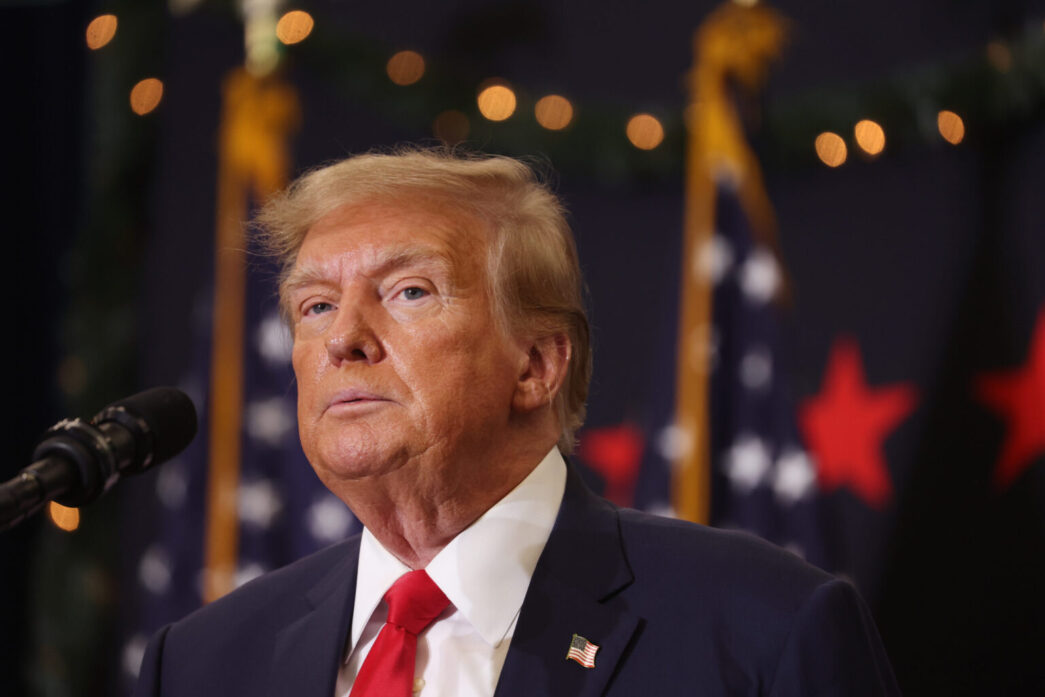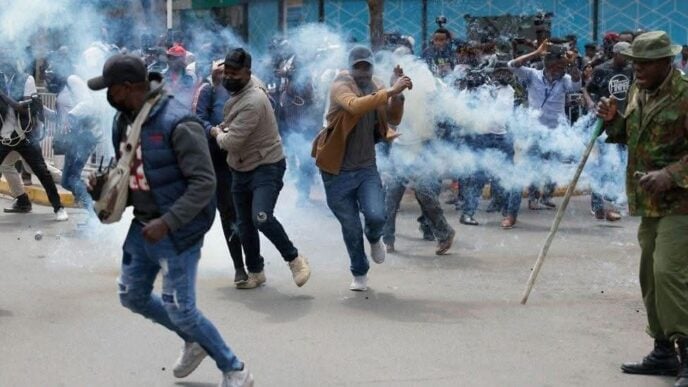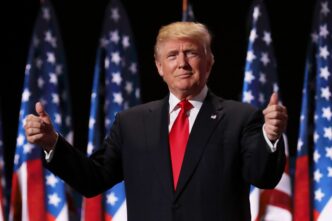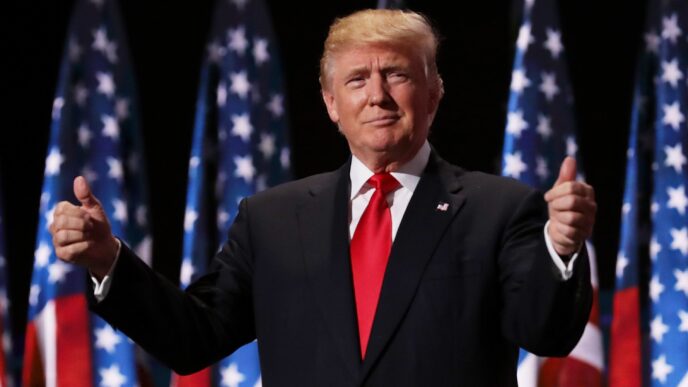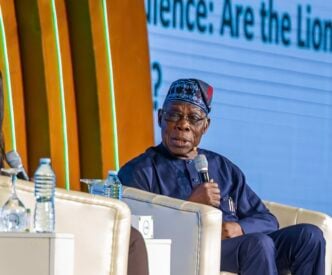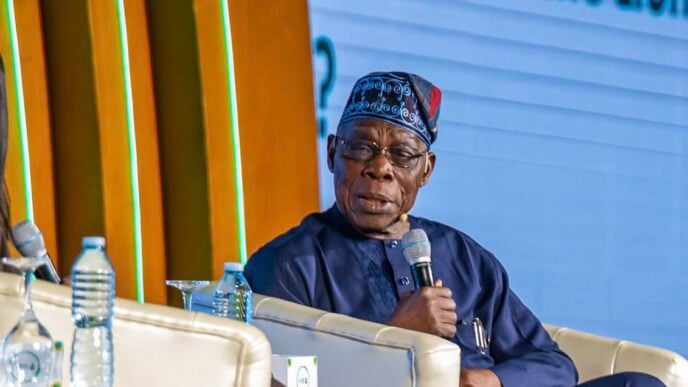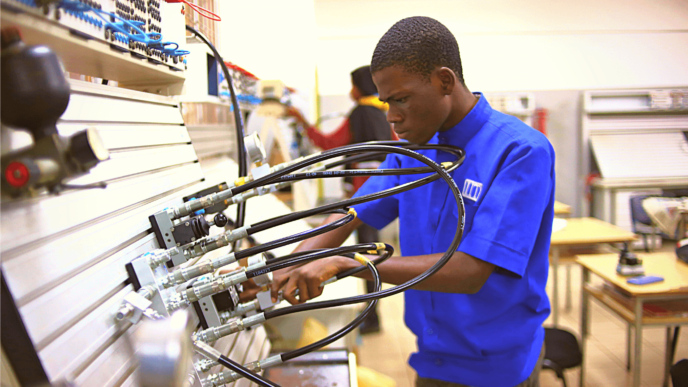Donald Trump
President Donald Trump says the US will meet with Iran next week over a potential nuclear agreement.
But Trump, who spoke during a press conference at the end of the NATO summit in The Hague on Wednesday, dismissed the importance of such an agreement.
“We’re going to talk to them next week, with Iran. We may sign an agreement; I don’t know. To me, I don’t think it’s that necessary,” the US president said.
“I mean, they had a war; they fought. Now they’re going back to their world. I don’t care if I have an agreement or not.”
Advertisement
Trump said the US’ demands in negotiations with Iran prior to recent heightened tensions in the Middle East are unchanged.
“The only thing we would be asking for is what we were asking for before,” Trump said.
“We want no nuclear, but we destroyed the nuclear. In other words, it’s destroyed. I said, ‘Iran will not have nuclear.’
Advertisement
“Well, we blew it up. It’s blown up to kingdom come, and so I don’t feel very strongly about it. If we got a document, it wouldn’t be bad. We’re going to meet with them.”
Marco Rubio, national security adviser, said any deal depends on Iran’s willingness to negotiate directly with the US, not through intermediaries.
WHAT THE US WANTS FROM IRAN
The US sought several key commitments from Iran in negotiations aimed at reaching a new nuclear agreement.
Advertisement
A part of the negotiations which began in April demanded that Iran fully dismantle its nuclear weapons programme, halt all uranium enrichment beyond 3.67 percent, and remove existing stockpiles of highly enriched uranium.
The US also insisted on restoring and expanding inspections by the International Atomic Energy Agency (IAEA), the UN nuclear watchdog, including surprise inspections at undeclared sites.
Iran was required to cease support for regional proxy groups such as Hamas, Hezbollah, the Houthis, and Hashd al-Shaabi, including pledges to disarm or freeze their activities.
In return, the US offered to lift primary and secondary sanctions and allow Iran access to frozen financial assets and oil exports, contingent on Iran’s compliance.
Advertisement
Trump threatened “bombing” if the Middle Eastern country did not abide by US terms.
Iran showed some flexibility, proposing a phased plan beginning with lowering enrichment levels and ending with congressional approval of the deal and sanctions lifting.
Advertisement
However, Iran insisted on its right to peaceful nuclear enrichment and demanded US recognition of this right.
The negotiations were indirect and mediated by Oman and Italy, with US and Iranian delegations communicating through intermediaries.
Advertisement
Despite some constructive talks and cautious optimism, the process was complicated by Israeli airstrikes on Iranian nuclear sites and mutual distrust.
US ally nations have urged Iran to return to the negotiating table, but the Middle Eastern country said it never left.
Advertisement

